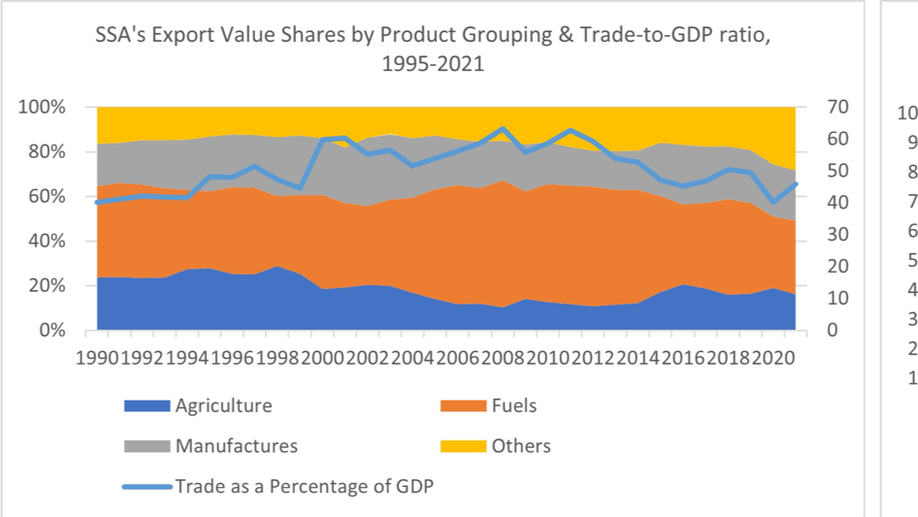Lin Shi, Ph.D.
Postdoctoral Research Fellow at Boston University Global Development Policy Center; Ph.D. in Economics, American University
Boston University
Biography
Hello, welcome! I am a Postdoctoral Research Fellow for the Global Economic Governance Initiative at Boston University Global Development Policy Center. My research fields are international trade (with a focus on global value chains analyses), development economics, and the political economy of trade policy. My job market paper examines the heterogeneous impact of participating in global value chains on countries’ and industries’ export quality upgrading.
From August 2022 to August 2025, I served as an Adjunct Faculty at American University at the Department of Economics and School of International Service. In Spring-Summer 2024, I worked as an Economic Affairs Intern for Africa Section, Policy Analysis and Research Branch at UNCTAD. In Summer 2023, I worked as a Research Intern at the International Monetary Fund (IMF), African Department, Regional Studies Division (AFRRS). During the internship, I conducted empirical research with IMF economists on the impact of sub-Saharan African trade with global partners on the region’s economic complexity (work-in-progress).
Please refer to my CV for more information, and feel free to reach out at lshi1993@bu.edu.
Interests
- Energy transition minerals
- Global value chain analysis
- Structural transformation
- Economic complexity
- Input-output tables
Education
-
Ph.D. in Economics, August 2025
American University
-
M.A. in Applied Economics, 2017
Georgetown University
-
B.S. in Economics, 2015
University of Washington
